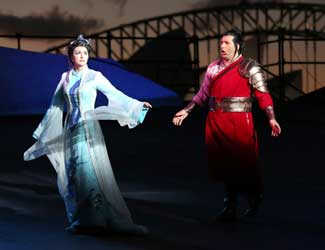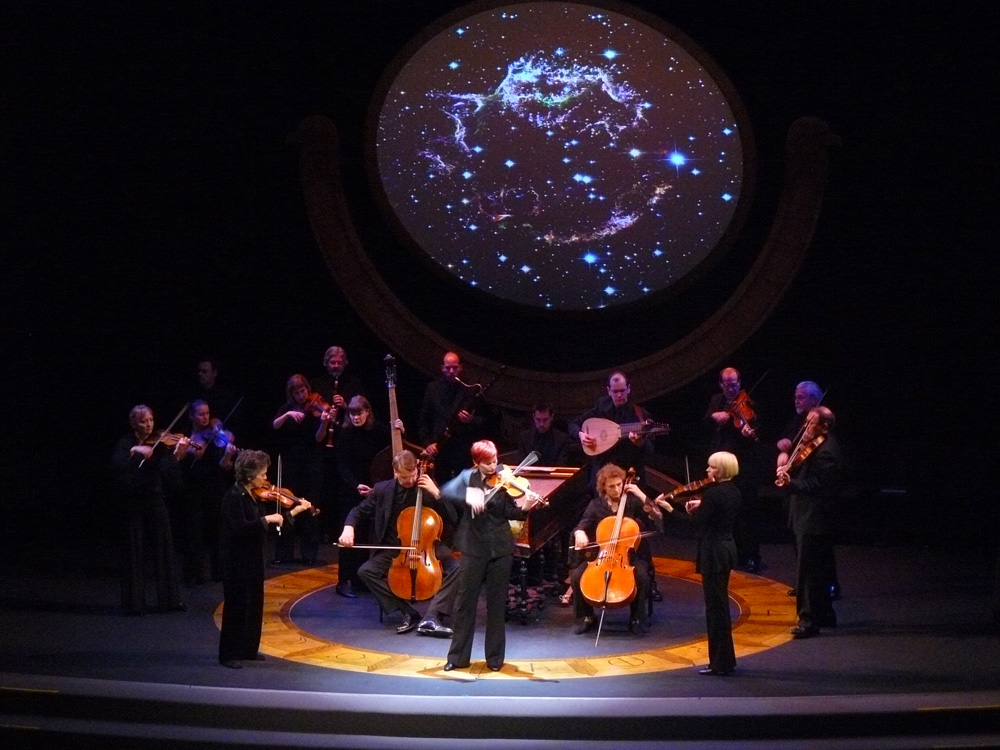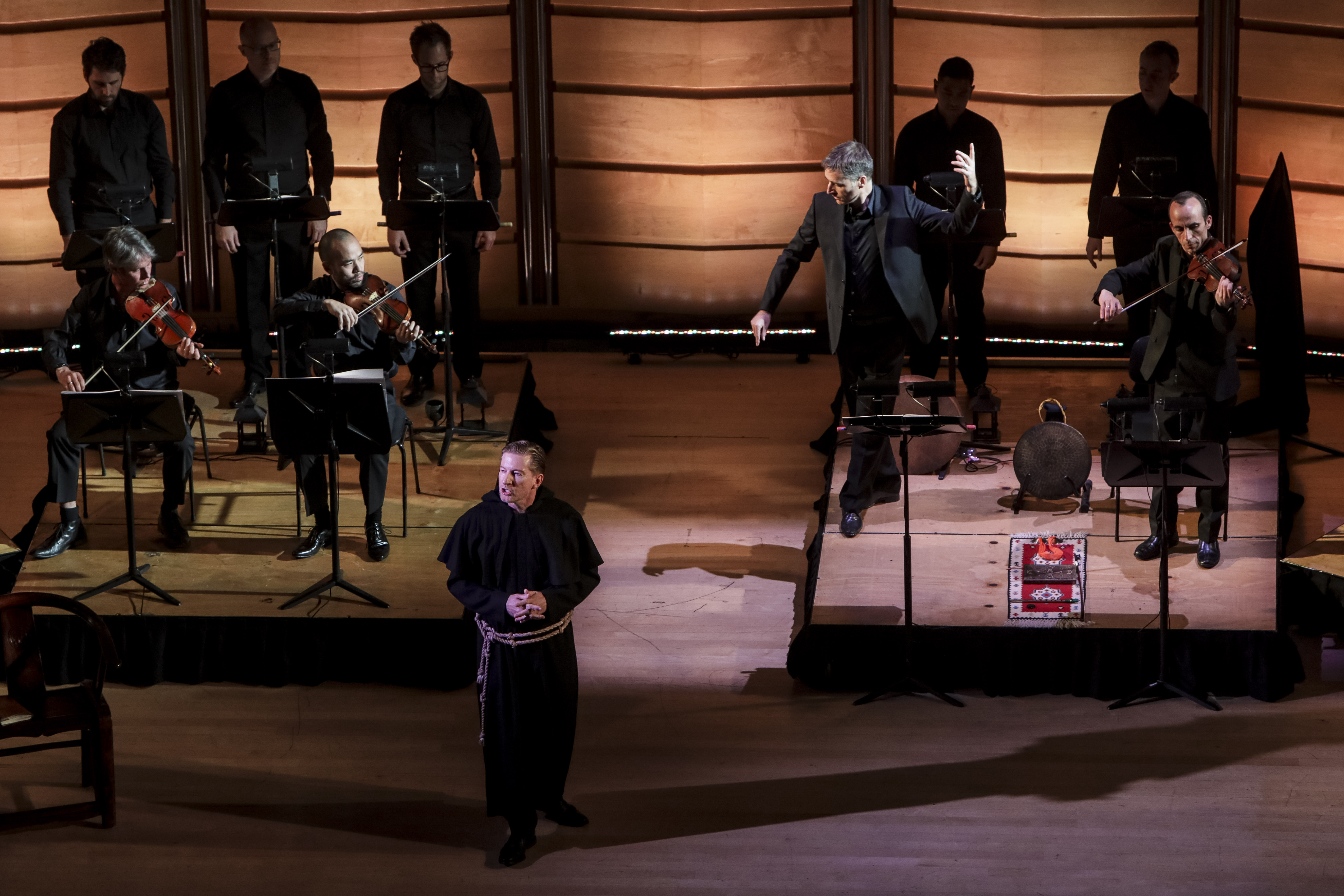Concert Review: Indie Ditties/ Hao
Indie Ditties/ Rob Hao
Utzon Room, Sydney Opera House
April 8, 2022
The Utzon Room of the Sydney Opera House was treated to a double first on Friday night, with the Australian debut of London-based pianist Rob Hao performing the Australian premiere of Nicholas Vines’ Indie Ditties. This work, subtitled “Twelve Scapes for Piano”, is a cycle of movements which are essentially preludes, in the manner of Debussy or Chopin. The subject matter comprises various views on hipster subculture, sometimes affectionate, sometimes mocking, often somewhere in between. Technically, it makes effective use of the full range of the piano, and while the harmonic idiom may be confronting, a similar structural thread through all of the “Scapes” makes this music challenging yet accessible, rather than simply unapproachable.
Vines’ music is well crafted, idiomatically written and, perhaps most importantly, willing to push the boundaries of what is acceptable by speaking in languages the audience nonetheless understands. It is music however which still needs a skilled and sensitive hand; the mimicry of a motorcycle engine which opens the cycle (I, “Grease on the Handlebars”), heralds forty-five minutes of wide-ranging colours, moods and techniques. Hao powered through the virtuosic “Scapes”, whether evoking a desire for plain-glass spectacles (IV, “20/20 Frames”), a joyful bicycle ride (VII, “Crucifixie”) or an obsession with tattoos (XII, “Too Much Ink”). He was equally at home in crafting peaceful moments, sometimes of absolute stillness, as in the vaguely religious self-pity of IX, “… and the freak shall inherit the earth …” But perhaps most impressive were the moments when Vines pushed the pianist to less conventional extremes, as in the juggling of nine different tempi over the three-and-a-half-minute course of X, “Bob Springmones Holed My Pink Stones”. Throughout, Hao rose to every challenge spectacularly, acquitting the cycle with panache and tenderness where appropriate; he made an excellent first case for Vines’ Indie Ditties, which should by most metrics be destined for a well-deserved place in the Australian piano canon.
After the interval, Hao signalled a change of pace with Chopin’s Op. 63 Mazurkas, followed by two contrasting transcriptions of songs by Franz Schubert. The incessant rhythms of “Erstarrung” from Winterreise, and the chordal embellishments to the slow-flowering melody of Du bist die Ruh. In each case, Hao performed Franz Liszt’s transcriptions, which at times are downright awkward pianistically, with ease and grace. This led onto the core of the half, in the form of three Impromptus: Chopin’s Op. 51 (in G-flat), and Schubert’s Op. 90 No. 3 (in G-flat) and Op. 142 No. 2 (in A-flat). While each of these was played with consummate Romantic skill and sensitivity, the latter two were probably the highlights. The sextuplet quavers of Op. 90 No. 3 were imbued with a restlessness which gave the cantilena gentle pushes towards cadence points and finally the last bar, while the chorale-like nature of Op. 142 No. 2’s outer sections was contrasted with the unerring clarity of the central section’s triplet quavers. A stirring and impetuous Chopin Ballade No. 1 concluded the concert, and brought the near-full Utzon Room to a standing ovation.
Stephen McCarthy for SoundsLikeSydney©
Stephen McCarthy is an emerging writer and composer from Sydney, Australia. His writings on music include a series of essays on various operas; the first of these, “A Redefinition of Opera? Lay Thoughts on Seeing Philip Glass’ Akhnaten”, was published in the UNSWeetened Literary Journal. He also won the Nan Manefield Young Writers’ Award and the Senior Poetry Prize in the Mosman Youth Awards in Literature for his poem, “On the Ellipsis”.
As a composer, his works include: for solo piano, an Improvisation, a Sonatina and a ballet after Thomas Hardy’s novel Far From the Madding Crowd; and a setting of Robert Bridges’ “Noel: Christmas Eve, 1913” for SSATBB choir.






